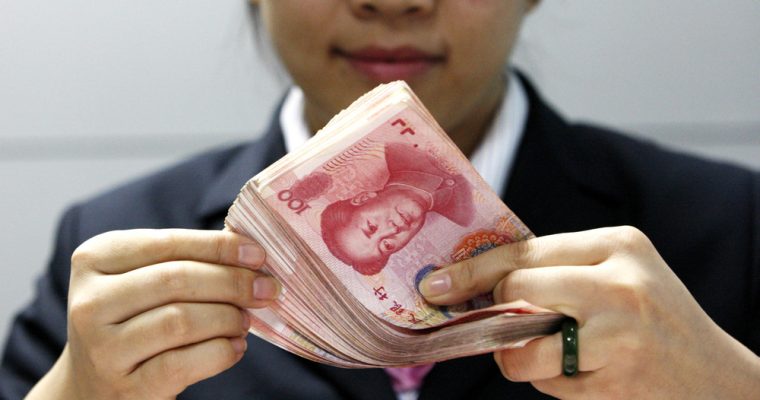
Today’s $1,000 bitcoin price rally aside, the cryptocurrency market might be enduring a bear cycle triggered by vanishing consumer interest, but blockchain, it seems, is still big business — particularly in China.
Citing government data sourced from Chinese-language outlet Qixin, the South China Morning Post reports that, from Jan. 1 to July 16, 3,078 China-based companies have filed to include qukualian, the Chinese word for blockchain, in their names, up from just 555 in all of 2017. In the past calendar year, 16,600 newly-registered firms have included blockchain as part of their business strategy.
That data stands in contrast to the U.S., where just 817 registered firms include the word “blockchain” in their names. Even that figure, though, has drawn comparisons to the dot-com bubble, when companies added “.com” to their names so that investors would perceive them as trendy tech companies. Valuations soared but ultimately collapsed as the 20th century gave way to the 21st.
High-profile examples in the U.S. blockchain industry include Riot Blockchain, a former biotech company, and Long Blockchain, which prior to its crypto rebrand operated under the name Long Island Iced Tea.
These firms quickly turned into “proxy stocks” for the cryptocurrency market, and their stock prices soared in Q4 2017 along with the bitcoin price, as crypto-shy investors sought to gain exposure to the burgeoning industry.
However, these valuations — built entirely on speculation and hype — have plummeted during the recent bear market, outpacing even cryptocurrency prices in their rate of decline.

Long Blockchain, the ultimate face of the so-called “blockchain bubble,” now finds itself delisted from the Nasdaq Stock Market and relegated to over-the-counter (OTC) trading. Its share price, meanwhile, has declined to $0.38 from a mid-December peak above the $9.00 mark.
As CCN reported, China’s government has passed a number of policies hostile to cryptocurrencies, but it has also embraced blockchain and distributed ledger technology (DLT) as a key focus of its strategy to cement its status as the world’s leading tech center.
Earlier this year, for instance, President Xi Jinping said that blockchain is one of several technologies “substantially reshaping the global economic structure,” and the country’s central bank has devoted significant resources to researching how it can leverage DLT to digitize its national currency.
